Anti-Diabetes Tea
10 in stock
- Lowers blood sugar levels
- Helps the regeneration of pancreatic cells responsible for the production of insulin
- Helps to better control the level of cholesterol in the blood
>>>Read More
5,990CFA
10 in stock
Benefits
- Anti diabetes tea lowers blood sugar levels ;
- Anti diabetes tea helps the regeneration of pancreatic cells responsible for the production of insulin
- Anti diabetes tea improves the production of energy and helps to fight against states of tiredness;
- Anti diabetes tea helps to better control the level of cholesterol in the blood;
- Anti diabetes tea helps to eliminate excess fat by promoting thermogenesis ;
- Anti diabetes tea prevents cardiovascular disease ;
- Anti diabetes tea protects the liver and kidneys from the metabolic acidity associated with diabetes ;
- Anti diabetes tea helps to prevent diabetic retinopathy thanks to the antioxidant potential of its ingredients;
- Anti diabetes tea helps with heart disease, including congestive heart failure ;
- Anti diabetes tea helps in the prevention of diabetic nephropathy.
Natural herbal tea, for the management of diabetes and its associated complications Diabetes is one of the most prevalent endocrine syndromes in the world and the incidence of diabetes is increasing. The WHO estimates that more than 100 million people are affected and this is just the number of people who have been screened.
Many people are indeed affected by this pathology, but it is only during a chance consultation or a serious problem associated with the disease that the diagnosis will be made. There are many factors that may explain the frequent evolution of the number of new cases, including the genetic tendency of the disease and poor eating habits that seem to be associated with the disease more and more to be part of the nutrition standard. With these two factors in mind, it is important to differentiate between two classic types of diabetes:
Type I, insulin-dependent diabetes, also known as lean or juvenile diabetes. It accounts for about 25% of diabetes cases. It occurs early in life and is related to the inability to produce insulin, the hormone that is essential for the cellular absorption of glucose. Its treatment is mainly based on insulin therapy and strict control of diet and blood sugar levels.
Type II diabetes, non-insulin-dependent, also known as fatty diabetes or diabetes in the elderly. It appears later and is mainly related to a fatty disorder that causes cellular resistance to insulin. Its treatment is then based on nutritional management and weight management, with, if necessary, drug treatment that may or may not include insulin therapy. It is the latter type of diabetes that seems to be in constant progression and can be completely and effectively managed with the help of phytotherapy.
Diabetes is an ancient disease whose classic symptomatology has long been taken care of by traditional healers. Thus, hunger, thirst with increased urine output, weight loss or gain with possible loss of consciousness, are symptoms that had already been shared by the majority of healers and traditional healers. In this respect, many plants are traditionally considered as anti-diabetic and some are at the origin of the development of certain medicines such as metformin, developed from gakkega officinalis.
NG4L Diabetes Tea is the best known combination of these plants. Faced with the increasing incidence of diabetes, many researchers have evaluated the pharmacological action of many plants on diabetes. Those that have been shown to mimic the action of insulin, those that increase the production of insulin, those that act at the cellular level and accelerate the consumption of glucose, those that intervene against the possible complications of diabetes, all pooled in a unique 100% natural formula, NG4L Anti Diabetes Tea.
DESCRIPTION: NG4L Anti Diabetes Tea is a therapeutic tea whose formulation is based on years of research and Chinese knowledge about diabetes. This combination of 100% natural plant represents the ideal approach for a global management of people with diabetes. Beyond its hypoglycemic effect, NG4L Anti Diabetes Tea provides adequate antioxidant protection against the oxidative stress responsible for diabetic complications. In addition, it helps to better control blood cholesterol levels and to a better preventive management of the cardiovascular complications of diabetes. Its ability to improve the endocrine functions of the pancreas makes it beneficial for both type 2 and type 3 diabetes type 1. With NG4L Anti Diabetes Tea, you can take full advantage of a synergy of 100% natural ingredients for comprehensive diabetes management.
PRESENTATION: box of 20 sachets of 2 grams each, containing a complex of 100% natural plants:
Radix ophiopogonis: this Chinese herb, traditionally called Mai Dong, is considered one of the most promising plants in research against diabetes. Indeed, research conducted in China seems to show that this plant can potentially stimulate the regeneration of cells of the islets of Langerhans of the pancreas.
In other words, it could regenerate the pancreatic cells responsible for the production of insulin. Given this potential, it could therefore reverse the progression of type 1 and type 2 diabetes. The scientific community remains cautious so far, and further research is underway and tends to confirm this effect.
Fragrant solomonseal or Polygonatum odoratum: commonly known as the odor seal of Salomon is a perennial rhizome native to the shady slopes and wooded areas of temperate regions of Europe and Asia. All the therapeutic function of this plant lies in the fact that several of its homo-isoflavonoids are activators of the protein kinase activated by adenosine mono phosphate (AMPK). Indeed, of the various means available to the body to compensate for energy changes, AMPK plays a major role. Although it acts at the cellular level, AMPK also plays a role in the regulation of food intake and energy expenditure of the entire body. It is considered a metabolic sensor because, in its activated form, AMPK:
- Activates the metabolic pathways that produce ATP (glycolysis – β-oxidation of fatty acids – synthesis of ketone bodies) ;
- Inhibits metabolic pathways that consume ATP (cholesterol and triglyceride synthesis, lipolysis in adipocytes);
- Modulates insulin secretion by the pancreas.
- Thus, the polygonatum odoratum by the stimulating action of its flavonoids on AMPK, is one of the plants adapted for the management of metabolic disorders including diabetes.
- Chinese yam: There are hundreds of varieties of yams, but only a few of them are edible. The whole yam, as consumed, has been the subject of little research, despite the few medicinal properties attributed to it. The recognized properties of the Chinese yam variety include both a better control of sugar levels but above all, different factors that can aggravate the condition of the diabetic person such as hypertension, excess cholesterol, metabolic acidosis, oxidative stress, etc. Thus, for this particular ingredient of NG4L Anti-Diabetes Tea, we can consider the following effects :
- A study conducted in rats showed that consuming yam powder at mealtime contributed to a better control of glucose and insulin concentrations.
Blood lipids: A study of women showed that daily consumption of nearly 400 g of yam (about 5 servings) for 30 days reduced the blood lipid content of yams total blood cholesterol, but had no effect on LDL and HDL cholesterol. The Researchers believe that fibre, sterols or the combined action of these yam compounds would decrease the absorption of fat in the intestine. In animals, a study has shown that replacing a portion of dietary starch with raw yam lowered total and LDL (“bad”) cholesterol, but also HDL or “good” cholesterol (the latter being undesirable). According to another study, the addition of a compound found in yam, diosgenin, to the diet of animals would have benefits on blood lipids (cholesterol and triglycerides) and would also reduce oxidative stress.
- Blood pressure. A protein extracted from yam has demonstrated in vitro a potential to reduce blood pressure in hypertensive Consumption of yam, both in liquid and powder form would also reduce blood pressure.
- Cognitive disorders. In animals, the ingestion of yam would have beneficial effects on cognitive Thanks to its antioxidant properties, yam would act on the brain of mice and improve their learning and memory skills.
- Liver and kidney protection. A study has shown that a raw yam extract, added to the rodent ration, protects the liver and kidneys from damage caused by high levelsof metabolic acidity.
- Hawthorn berries: The hawthorn (craetagus) is a shrub native to Asia that is now found throughout the northern hemisphere. The hawthorn is sometimes known under the name ”cénellier”. The properties of cardiac tonic of the hawthorn are known for centuries and established today by several clinical trials. Its association in this formula aims essentially at one of the phenomena associated with the diabetes: the cardiovascular During the last 20 years, several clinical studies were carried out with more than a thousand patients suffering from cardiac insufficiency. They have demonstrated that standardized extracts of hawthorn leaves and flowers were effective adjuvant treatments for class I and II congestive heart failure.
According to the New York Heart Association’s classification, this has 4 levels. The catch of extracts of hawthorn in complement of a traditional medical treatment; diuretics or inhibitors of the enzyme of conversion of angiotensin (IECA), improves the resistance to the effort and relieves some of the symptoms associated with this disease: arterial hypertension, abnormal breathlessness with the least effort and fatigability. ESCOP and the World Health Organization recognize the use of traditional hawthorn preparations to support cardiovascular function.
Puerariae radix: this plant has been especially studied for its antioxidant properties, especially against oxidative stress induced by hydrogen peroxide (H2O2). However, it was established during the study that the administration of extract to rats in which diabetes had been induced by streptozotocin, decreased blood glucose levels. In fact, the diabetic rats had a low activity of superoxide dismutase (a natural antioxidant produced by the body) and catalase in the liver, and the extract increased their activity. All in all, this study showed that Puerariae radix is effective in improving diabetes, and this is essentially a consequence of its antioxidant potential.
Chinese Tea: In order to understand the purpose of Chinese tea in the NG4L Anti-Diabetic Tea formula, it would probably be wiser to review one of the most interesting studies on Chinese teas, namely green tea.
It is an established fact that green tea, Camellia sinensis, is rich in polyphenols and especially in catechins. According to a Chinese meta-analysis these have an important effect on blood sugar levels. Indeed, catechins increase the activity of cellular receptors and allow glucose to enter the cells, which lowers blood glucose levels. It should be noted that in people without diabetes, green tea does not cause hypoglycemia and therefore does not present a health risk, in other words, it lowers blood sugar levels only in diabetics. Another action of green tea on diabetes, this time in a more indirect way, is the effect on thermogenesis which helps to burn fat faster. It is known that excess weight is important cause of type 2 diabetes, losing 5% of one’s weight already significantly lowers blood sugar levels. Green tea combines a slimming and hypoglycemic effect, ideal for preventing type 2 diabetes. It is therefore an ingredient of choice for our natural formula NG4L Anti-Diabetes Tea.
ADVANTAGES: NG4L Anti-Diabetes Tea has the particular advantage of offering a holistic approach to diabetes, combining natural elements for the primary, secondary and tertiary management of this condition. It offers the possibility for people at risk to ensure better control of their blood sugar levels, and for diabetics to manage their disease and the possible complications associated with it. It represents the best adjuvant treatment for the diabetic patient and the best prevention for those at risk.
Directions for use:
The preparation of NG4L Anti Diabetes Tea is quite easy; just put a therapeutic tea bag in 200 ml of water brought to 90°c; wait 3 to 5 minutes. The tea is then ready for consumption. It is recommended to take three (3) doses per day for optimal results.
For preventive use, it is recommended to make an infusion of one (1) sachet for one (1)Liter of water. It is then recommended to make the preparation at bedtime and let it brew all night long. The liter of therapeutic tea thus obtained can then be divided into three daily doses.
| Weight | 89 g |
|---|
Based on 0 reviews
Be the first to review “Anti-Diabetes Tea” Cancel reply
Related products
-
Teas
Anti-Constipation Tea
0 out of 5(0)Anti-Constipation Improves intestinal transit
Promotes intestinal regularity
Helps in the treatment of hemorrhoidal diseases
Preserves electrolyte levels by providing minerals and vitamins to the body
Relief of abdominal bloating
Helps to better control cholesterol levels
>>>Read MoreSKU: n/a -
All Products
Noni Capsules – 60caps
0 out of 5(0)- Noni contains many anti-cancerous components
- Dilates blood vessels and normalizes blood pressure
- Has Powerful body detoxifying agents to help rid the body of toxins
- Male and female sexual problems
- Noni is an antifungal and antiparasitic agent
>>>Read More
SKU: n/a

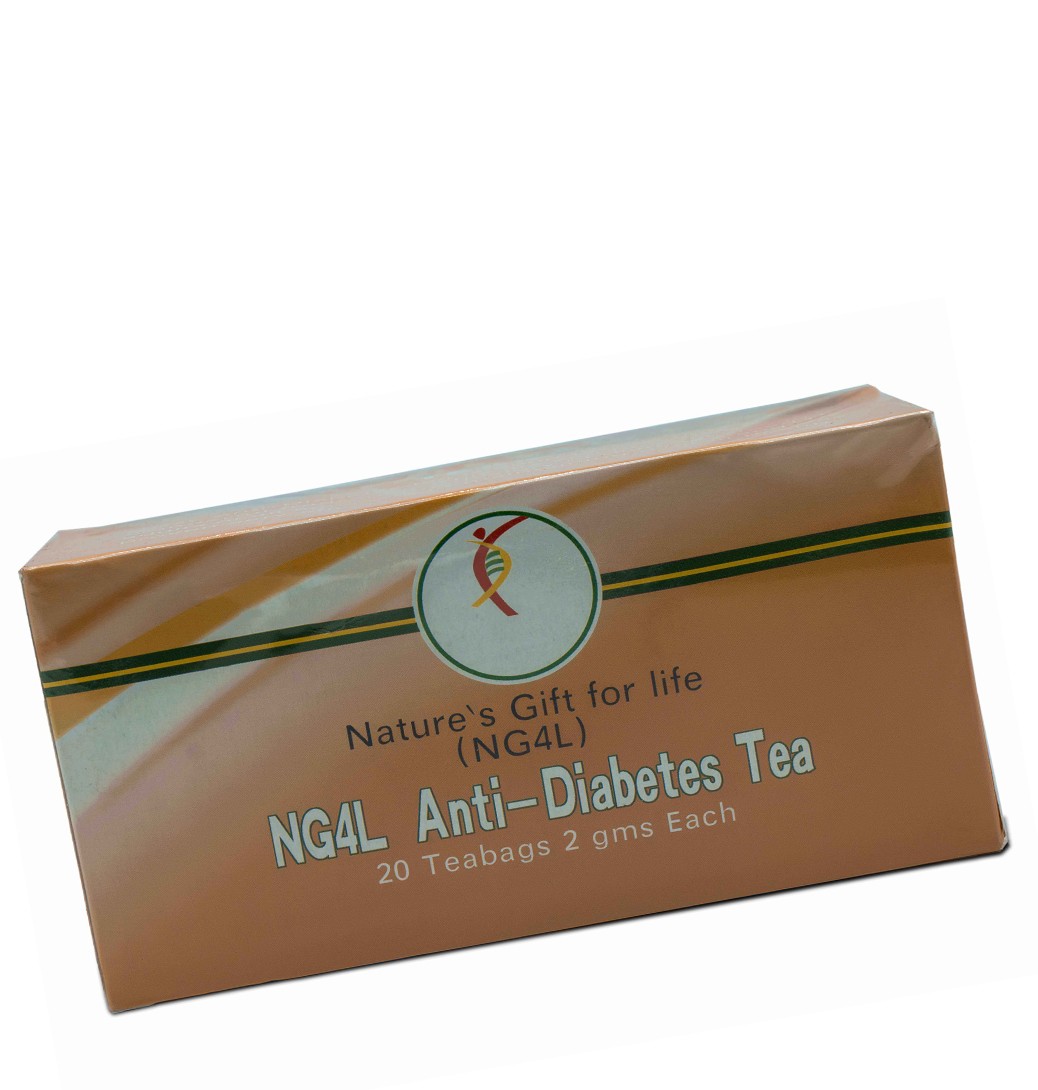
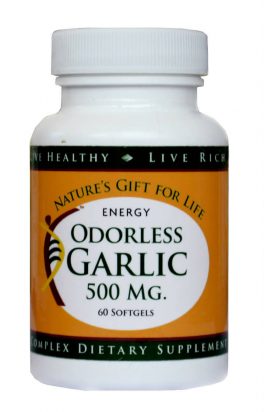
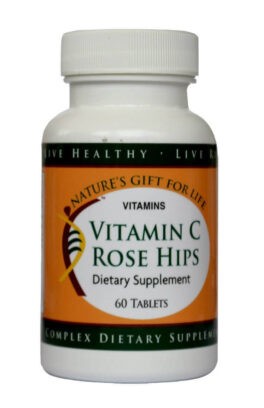
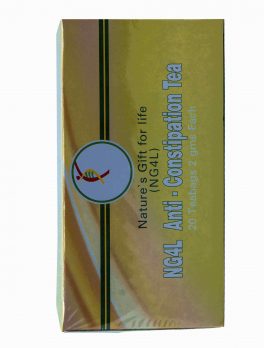
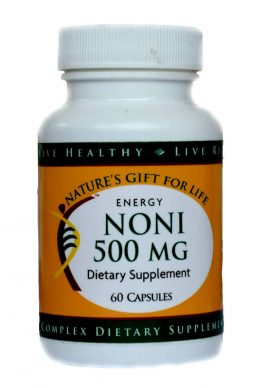
There are no reviews yet.